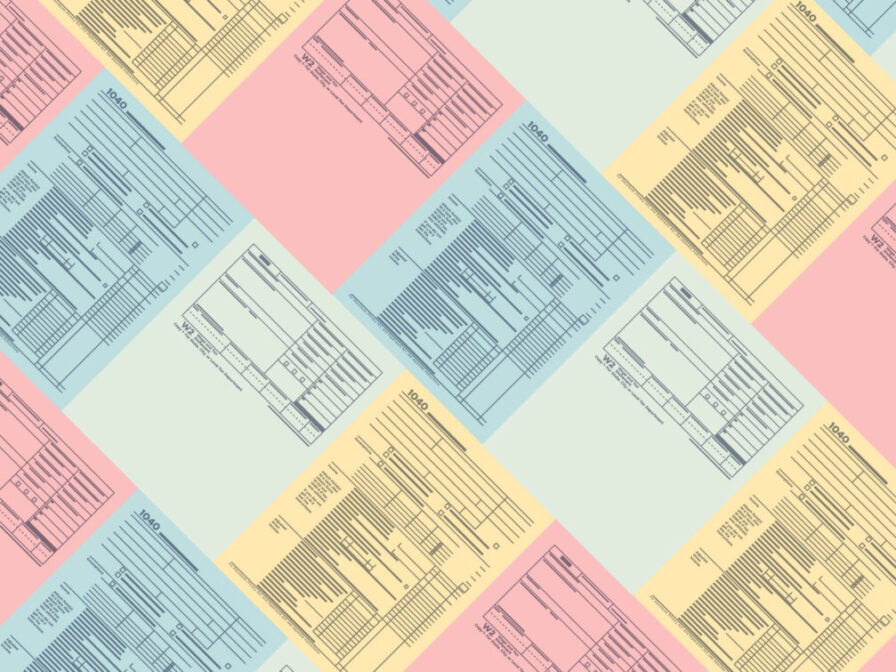Paying Taxes
Posted on February 15, 2023

Paying Taxes
Many major life changes, such as buying a new home, changing jobs, getting promoted, starting a business, having a child, and more, will have tax implications. But that doesn’t always mean you’ll owe more to the federal government.
If you plan ahead, you can make decisions that will reduce or at least postpone the tax you owe. The only catch is that you usually need to get everything taken care of by December 31.
As anyone who has ever filed taxes knows, tax season is in high gear from January to April. In January, you’ll start receiving the documents needed to complete your return. You should get a W-2 wage statement from your employer and Form 1099s from each financial institution that paid you interest, brokerage firms where you have earnings or losses, and corporations and mutual funds in which you own shares. As you get these documents, it’s smart to file them in a place where you can find them easily.
Tax day is always April 15, unless it falls on a weekend or holiday. In that case, taxes are due on the next business day. As the date approaches, you can use the information from your inventory to do some initial tax calculations. That will let you predict whether you’re going to get a refund or will owe money. And remember that the earlier you file your return, the sooner you receive a refund, if you’re owed one.
April 15 is also your last opportunity to contribute to your Individual Retirement Account (IRA) for the previous year. After that, the contributions you make will count toward the next year. Contributions to Simplified Employee Pensions (SEPs) and Keogh plans are also due by April 15, unless you have an approved filing extension.
Did You Know?
As you think about your year-long tax concerns, it’s smart to keep the following things in mind.
Try not to make investment decisions just to escape taxes. For instance, just because a municipal bond pays tax-free interest doesn’t mean it will help you meet your financial goals.
Be sure you understand the difference between tax-deferred and tax-exempt investments. Tax deferred means that you postpone paying taxes on investment earnings until you withdraw them, while tax exempt means you will not owe federal tax on the earnings.
And finally, don’t overlook any tax saving you’re entitled to.
Share on:


